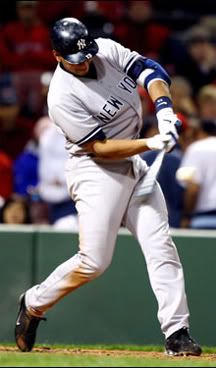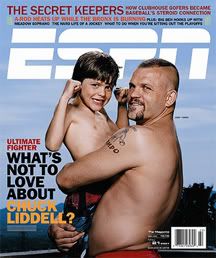
The man made the cover of ESPN The Magazine, you think he might have earned his stripes?
Let me start by saying that this hogwash idea is very pervasive throughout the United States. In the current state that the United States is in business- and employment-wise, unions are a ridiculous concept. The Motley Fool provides a decent dummy's breakdown of the positives and negatives of unions, but this is a sports site, so I won't bicker on about the invalidity of unions in general any longer. Instead, let's move on to the illogical points brought about in the Chicks Heart Fights blog.
Their main contention from the beginning is that there should be some kind of system to have fighters earn fair wages in comparison to their performance. In truth, their contention that Chuck Liddell earning $500,000 in a loss is unfair to Keith Jardine earning $14,000 in a win is preposterous.
I admittedly do not follow the UFC, although I do recognize its merit as a legitimate sport, much more so than the sham that professional boxing has become. My brother and Dad are huge fans and fill my ears with how awesome it is all the time. Regardless of what I hear of Liddell from my family, I still hear Chuck Liddell's name pop up quite a bit elsewhere. Hell, the newspaper I work at even ran something about the Chuck Liddell/Quentin Jackson matchup in May, which is something we usually never did at that point in time. My point is this: Chuck Liddell has earned his stripes and earns quite a bit of money based upon the popularity he has earned for himself. He has earned it, and he deserves the money he receives. In turn, he also earns quite a bit of money for the UFC as an organization, something they obviously see fit to reimburse him for. By defeating Liddell, Keith Jardine will likely see his dividends increase quite a bit in the future. He earned his victory, and if he continues success, he'll see the money he deserves.
In essence, if you adopt a union for the UFC and put in purse restrictions that supposedly even the playing field on how much money is earned, you are removing factors that consider revenue earned for the UFC. You think Chuck Liddell thinks he should make less money? Hell no. And the UFC obviously recognizes his importance. In a few years when Keith Jardine develops his legend further, he will prefer to have a 1/2-million-dollar payout as well for helping progress the UFC's cause.
Moving on, there is more nonsense within:
How can any fighter make as little as $3K for a fight that takes a minimum of two months of training, 30 hours a week? Break that down, and Diego Saraiva is being paid a little more than $11 an hour. He can make much more, and have benefits, working at UPS.
Let me just fall over in disbelief at this concept. If a fighter can make more money and have benefits working at UPS...maybe he should go work at UPS. The truth is, these guys want to be fighters. Their talent lies in beating the shit out of another human being. If they wanted a 9-to-5 job, that's what they would be doing.
They do make one good point:
With drug-testing, the UFC has clearly placed the onus of drug-testing on the state commissions, and that also makes me wonder. The states have different rules on drug-testing, so if the UFC has a fighter that they suspect might fail a test, the UFC could put him on a card in an event in a state with more lax drug testing. How is it fair that a fighter who has a match in Texas may get away with something that a fighter in Nevada can’t?
Instead of having a hard-line stance on drug testing, the UFC is instead opting to let whichever state the match is being held in determine what rules govern the fight. If they want to be taken seriously, they need to incorporate a UFC-wide system to govern drug testing.
In the end, it is a person's responsibility to determine how they want to make a living. If these individuals are unhappy with how things are going, they can ask the UFC for some recourse. And depending on what kind of business Zuffa (UFC's owner) wants to run, they may or may not get it. It's their decision, and if fighters don't like it, they are free to negotiate contracts that garner them the benefits and pay they wish, or they can leave. It is very simple.
 Reasonably yours,
Reasonably yours,Scooter
E-mail us
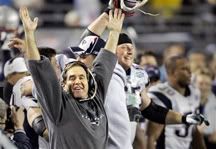
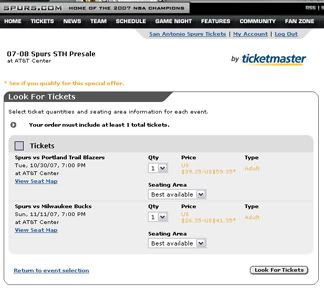

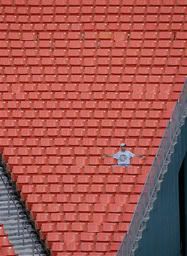

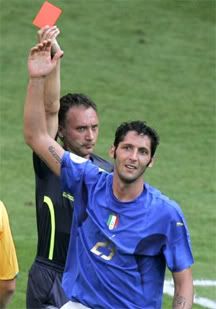

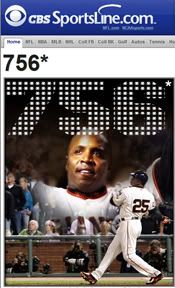
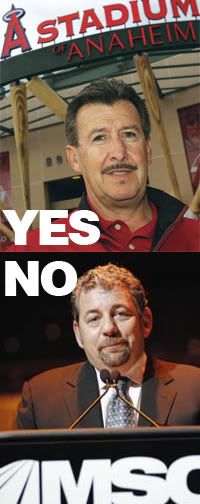
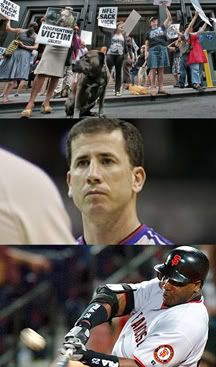
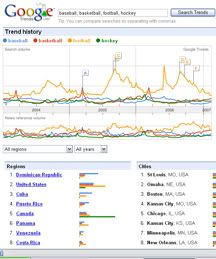

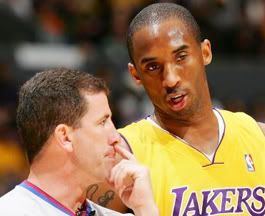

 Travis
Travis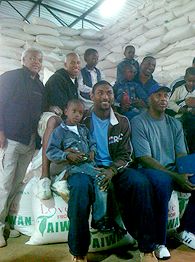

 Kenneth
Kenneth



